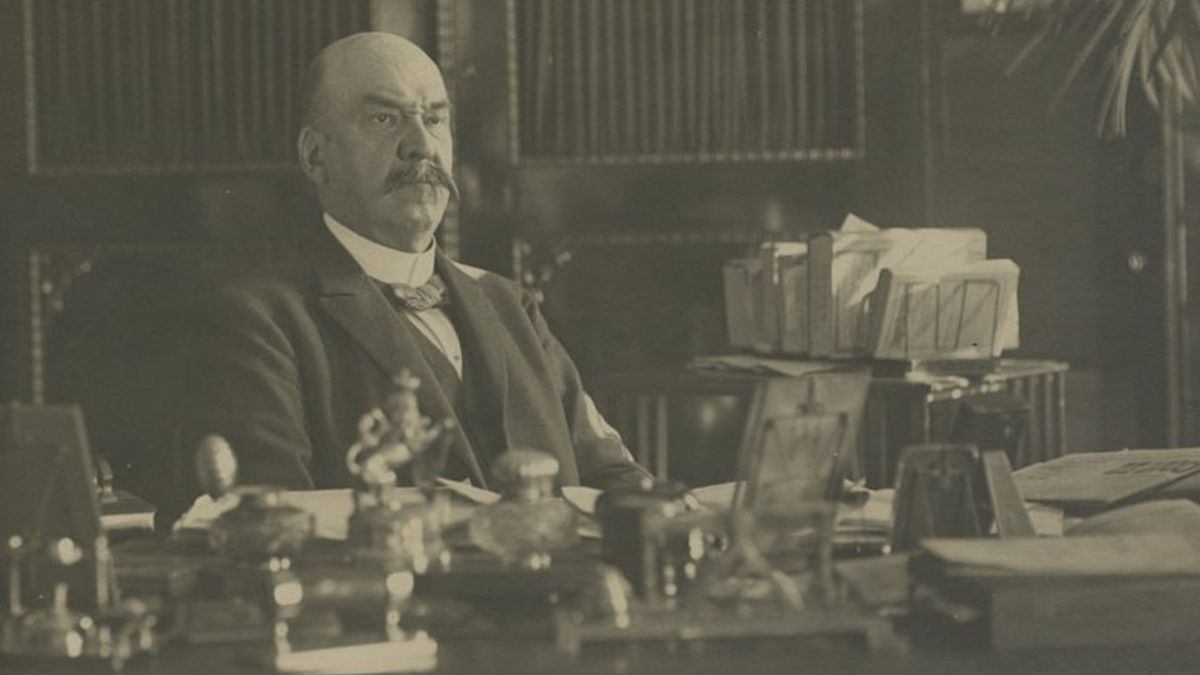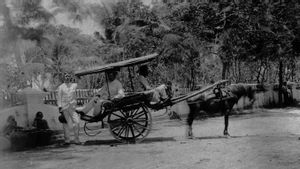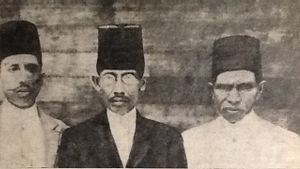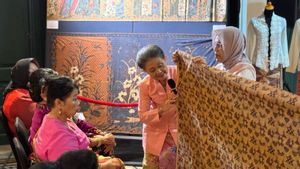JAKARTA - The concern of the Dutch colonialists for the colony is very minimal. Not many sectors have been developed by the Dutch. The health sector, let alone. Various outbreaks to tear up the Equatorial Earth are evidence. From smallpox to the Spanish Flu.
The owner of power is often late in responding. This neglect attitude then claimed many lives. During the reign of Governor General Dirk Fock, for example. Instead of building the health sector, the figure of the leader of the Dutch East Indies was actually insensitive by circumventing the health budget.
Dutch trading airlines, VOC and the Dutch East Indies Colonial Government have never been serious about developing the health sector. All because the Netherlands only leads to one goal: profit.
This reason makes the health and safety of the Dutch East Indies (now: Indonesia) the umpteenth number. In fact, it is said that the number of existing health facilities is far less than the number of gambling and prostitution houses that are considered profitable.
The attitude of neglecting the Dutch colonialists was then tested with the presence of various disease outbreaks. From smallpox to the Spanish Flu. The death toll that fell from the presence of the plague was not small. Even that grief continued throughout the year.
The failure of the Dutch to develop the health sector was protested by many parties. Especially when the smallpox epidemic hit the archipelago in the 1800s. European doctors are considered reluctant to go to the villages.
The Dutch also racked their brains and were moved to build the Javanese Doctor School (later known as STOVIA). The goal is that smallpox outbreaks can be handled by many skilled health workers from the natives.
However, far from fire. The amount of energy and existing health facilities is never enough. Moreover, many of the staff and health facilities only focus on cities. While the villages do not have many health facilities.
Not finished with smallpox, the archipelago was then hit by two problems at once. World War I which sparked the crisis and arrival of the Spanish Flu outbreak in 1918-1919. The move to tackle the Spanish Flu went carelessly not much different from the response to the crisis.
It is possible that the government has spent a lot of money. However, the money spent was not right on target. All because the government is like a grocery worker who spends a little money.
The Dutch colonial government, which began to realize the potential dangers posed by influenza, then began to encourage each region in colonial Indonesia to move to overcome the dangers of the pandemic. One of the strategies carried out is to disburse some money for doctors to carry out in-depth research related to this virus.
The Surabaya resident, for example, disbursed a small amount of funds specifically allocated to examine the virus. Meanwhile, officials in Batavia saw that the influenza problem could be eradicated by revamping infrastructure. Tens of thousands of guilders were disbursed for this purpose, one of which was for swampries and waterway drying projects, "explained historian Ravando in the book War Against Influenza: Spanish Flu Pandemic in Indonesia. Colonial Period 1918-1919(2020).
The Spanish flu then disappeared like it had been on earth in the 1920s. The trust of the whole Dutch East Indies regarding the study of the owner of the power to improve the health sector has also increased. This belief is based on the fact that at that time the replacement of the Governor General of the Dutch East Indies was taking place in 1921.
The leadership of Governor General Johan Paul van Limburg Stirum (1916-1921) was replaced by Dirk Fock. In fact, the leadership of Dirk Fock was not much better. He felt that he was carrying a big burden on the Kingdom of the Netherlands which was starting to expect profit from the colony.
Dirk Fock actually perpetuated his policy, which was known as Radical Savings Politics in 1922. The politics perpetuated the massive savings of budgets from sectors that were considered important. He then had the heart to circumcise the budget from the health sector.
The decision provoked the anger of all the Dutch East Indies. The Bumiputras, especially. They then had to bear a tougher burden in the midst of their vulnerability to an outbreak of disease and death.
The anger arose because the gap in access to health between the bumiputras and the Europeans was disturbing. not to mention when restricted. After that, health affairs were never a serious problem for the colonial government throughout his government.
The increasing number of unemployed and the increasingly expensive price of rice, gave the possibility of high anxiety among the general people. The people's anxiety grew, after Governor General Fock announced radical savings politics to make the State Budget balanced.
"By radical means, the Dutch East Indies Government made savings in the budget for Agriculture, Education and Health, and thus the interests of the people who are most vital have been hit hard. Apart from that, the residents (Bumiputra) who have felt the detrimental result of the conjunction are required to bear even heavier burdens. The people (Bumiputra) are burdened with various types of taxes that go far beyond their ability to pay, "wrote S. Kutoyo in the book History of the National Awakening of the East Java Region (1978).
SEE ALSO:
The English, Chinese, Japanese, Arabic, and French versions are automatically generated by the AI. So there may still be inaccuracies in translating, please always see Indonesian as our main language. (system supported by DigitalSiber.id)














